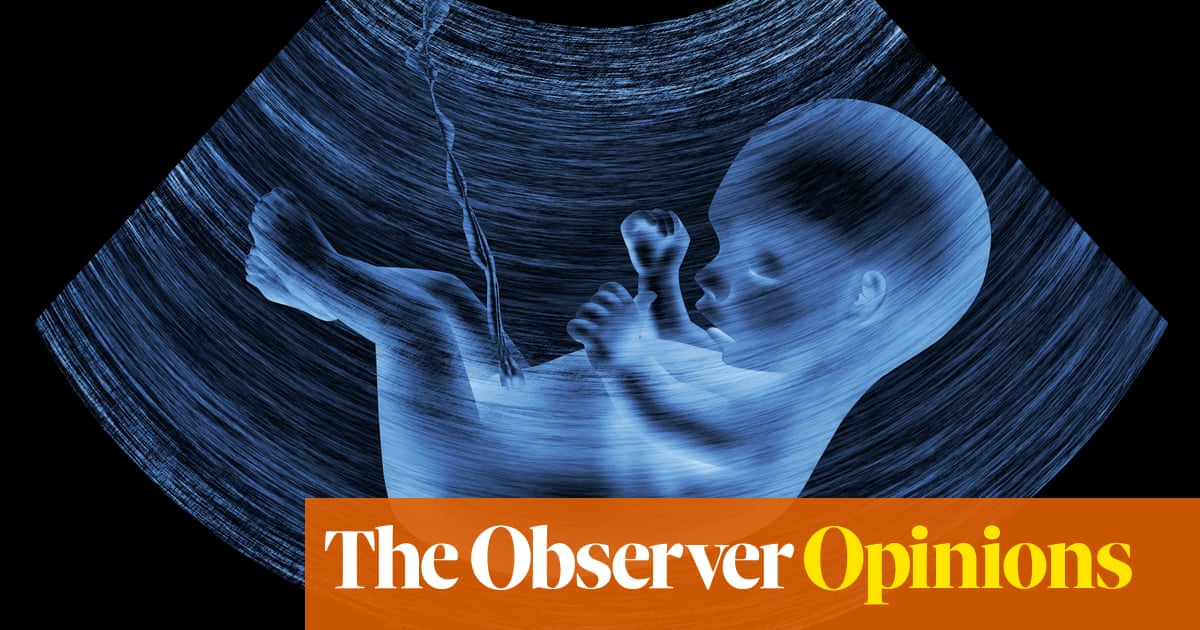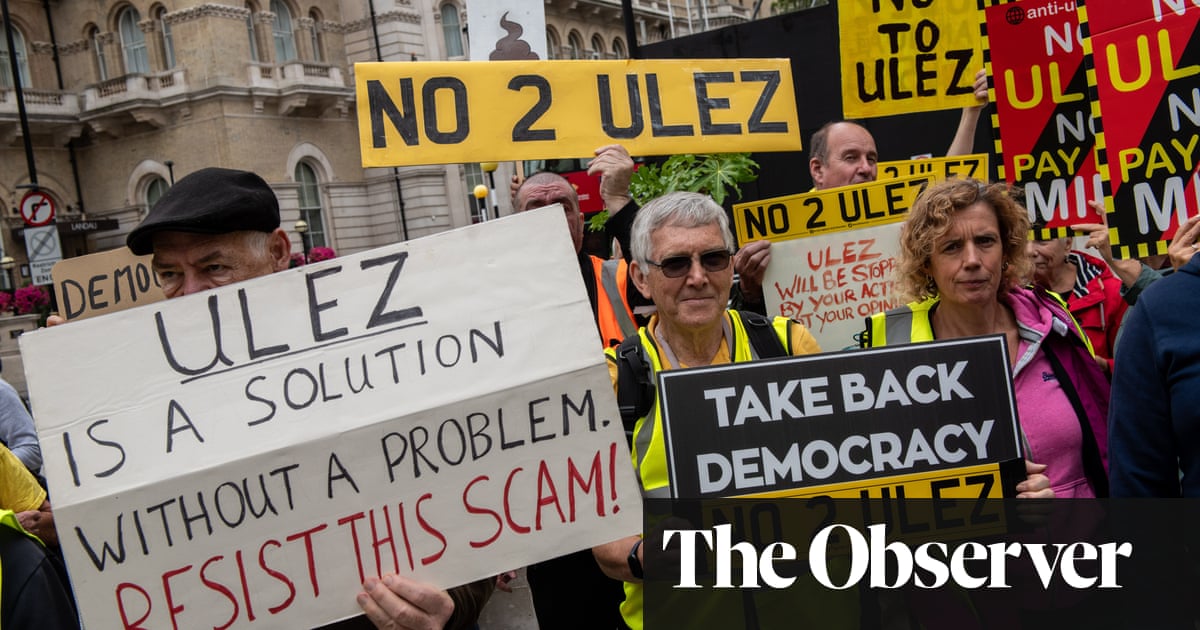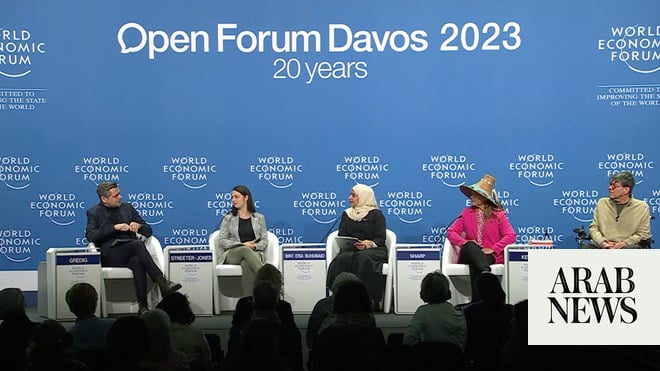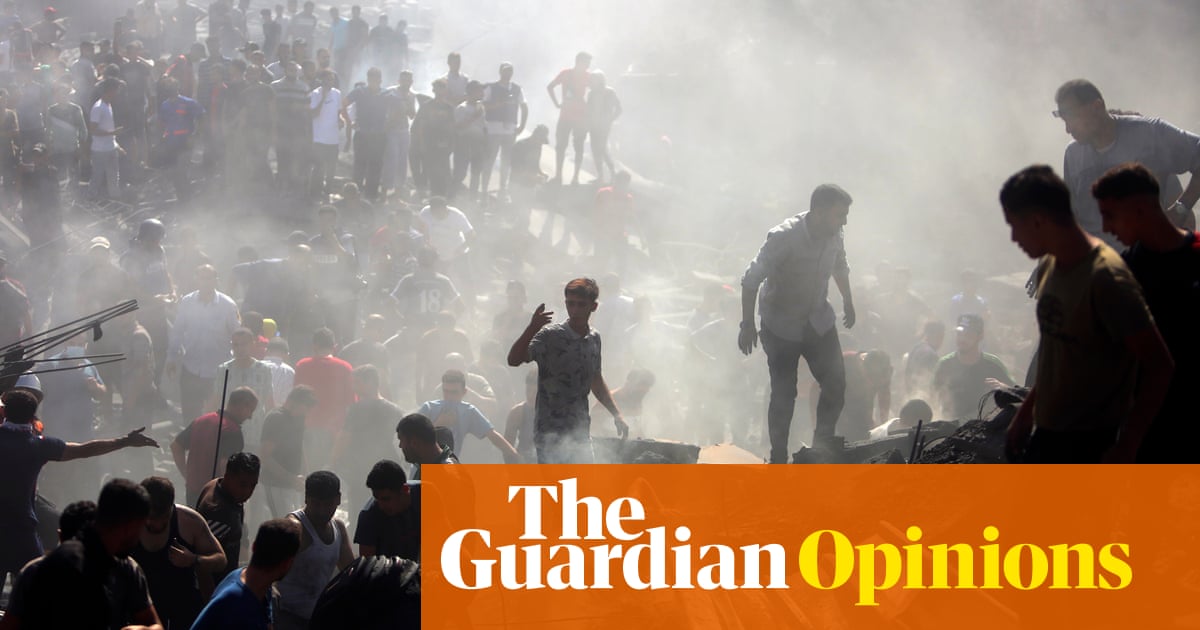
he dissonance is enough to make me uninstall Twitter from my phone. Maybe it’s compassion fatigue, maybe it’s 2020. But if I’m honest with myself, it’s a world-sized rift in how we perceive the climate emergency on the different timelines I doom-scroll. On one feed, everyone – American or not – is forced to tune in to each candidate’s climate policy because the US’s electoral fate is inextricably linked to the future of the planet. On another feed from back home in India, 40 new coalmines in the last great sal forests are being served up to any bidder who’ll take them, while civil rights activists from a different era of environmental organising languish in jail, their health deteriorating.
We’re at an inflection point in climate politics, where some governments are readying 30- and 40-year carbon-neutral plans and others are looking to coast into the next decade with pledges that are already five years old. Meanwhile people who have always suffered are contending with the fallout of inaction in the here and now. We need to align these two timelines and to broaden our definition of climate justice, if we are to achieve any measure of justice for the most vulnerable. But in order to do this, we must accept that climate politics are not so black and white any more.
As I walk past quaint Oxford houses with Extinction Rebellion flags in their windows, I worry that many of us with the loudest voices, comfortable activists in the rich world, are trying to extract hope from climate pledges that have no teeth. It might push others to pledge higher, but we know in our bones that these governments have missed all previous targets, manipulated the metrics, and shown little respect for rule of law. To paraphrase XR’s famous demand of governments: what “truth” is it, then, that we expect them to tell?
The western climate movement’s rallying call to “trust the science” is vital, but I wonder if the overwhelming emphasis on it is making our solidarity more misanthropic and apolitical. Most days, it seems easier to take refuge in graphs that detail the shelf-life of methane as a greenhouse gas in the next two centuries than address the messiness of human relationships or urgent human rights violations. I stare at the fractions in the Kaya identity, a formula that expresses carbon emissions as a product of four factors: GDP per capita, energy intensity, carbon intensity and population. I wonder if there’s a fraction I can throw in to compute how to turn the world on its head for the better, as the stomping jackboots of anti-science, far-right governments ring to my east and west. But there’s no easy formula for that.
When XR was tainted with an “extremism” tag, or when Priti Patel described its activists as “criminals” after they blocked denialist publications through direct action, there was uproar in sections of the UK press. To me, there was that dissonant deja vu again. As someone witness to how environmental movements in the global south, arguably the birthplace of non-violent direct action, have been vilified as extremist groups over recent years, I felt like saying: welcome to the rest of the world. The EU may have announced even more ambitious targets, but in many parts of the world that it exports its emissions to, the pandemic is giving way to a last-ditch fossil fuel-led recovery plan.
Meanwhile, many of us unquestioningly applaud climate promises made by countries such as China, partly because of the large-scale change they promise, partly because they appear as geopolitical challenges to western power that we don’t like, all the while ignoring the fact that local voices will hardly be allowed to hold them to account. Some of us might even privately nurse assumptions that the lack of democratic opposition might make these climate plans easier to implement.
Then there is a dominant tendency to reduce all life to carbon, see all carbon as equal, and hope that with enough juggling, investor pressure and as-yet-undeveloped technology, we will eventually cancel each other out. To me, this approach eliminates diversity, complexity, lived experiences and actual system change. Black Lives Matter and Dalit Lives Matter should be pushing us to address the cracks in the foundation of capitalism as we know it: to admit to ourselves that we live in a global extraction economy built on abuse of power along lines of caste and class, race and religion, north and south. If it’s a new world we want, we must look beyond token diversity and admit that there will be no economic recovery or green deal without a plan for workers of colour whose oppression and displacement we all benefit from, that addresses historical issues of land, access to commons and justice.
The climate crisis may not be what keeps the majority of us up at night, but it blows up everything that was flawed to start with. There are no easy answers and many difficult questions. Everything is up for rebuilding, and therein lies the need for us to be at our most human, most creative and to cast the widest net. There’s a need for long-term thinking, just as there’s a need to to pass the mic and stand up for inconvenient truths that don’t fit within our existing politics. The emergencies are already here and multiplying, if we can take off our glasses that filter people into little boxes of faceless climate victims and the rest of us. Will we engage with these grey areas and centre climate justice around rights and life, in all its messiness? It’s time to put humanity and life, not just carbon, at the centre of the climate crisis and our solidarity.
• Aruna Chandrasekhar is an independent journalist from India. She is currently based at the University of Oxford’s Environmental Change Institute












